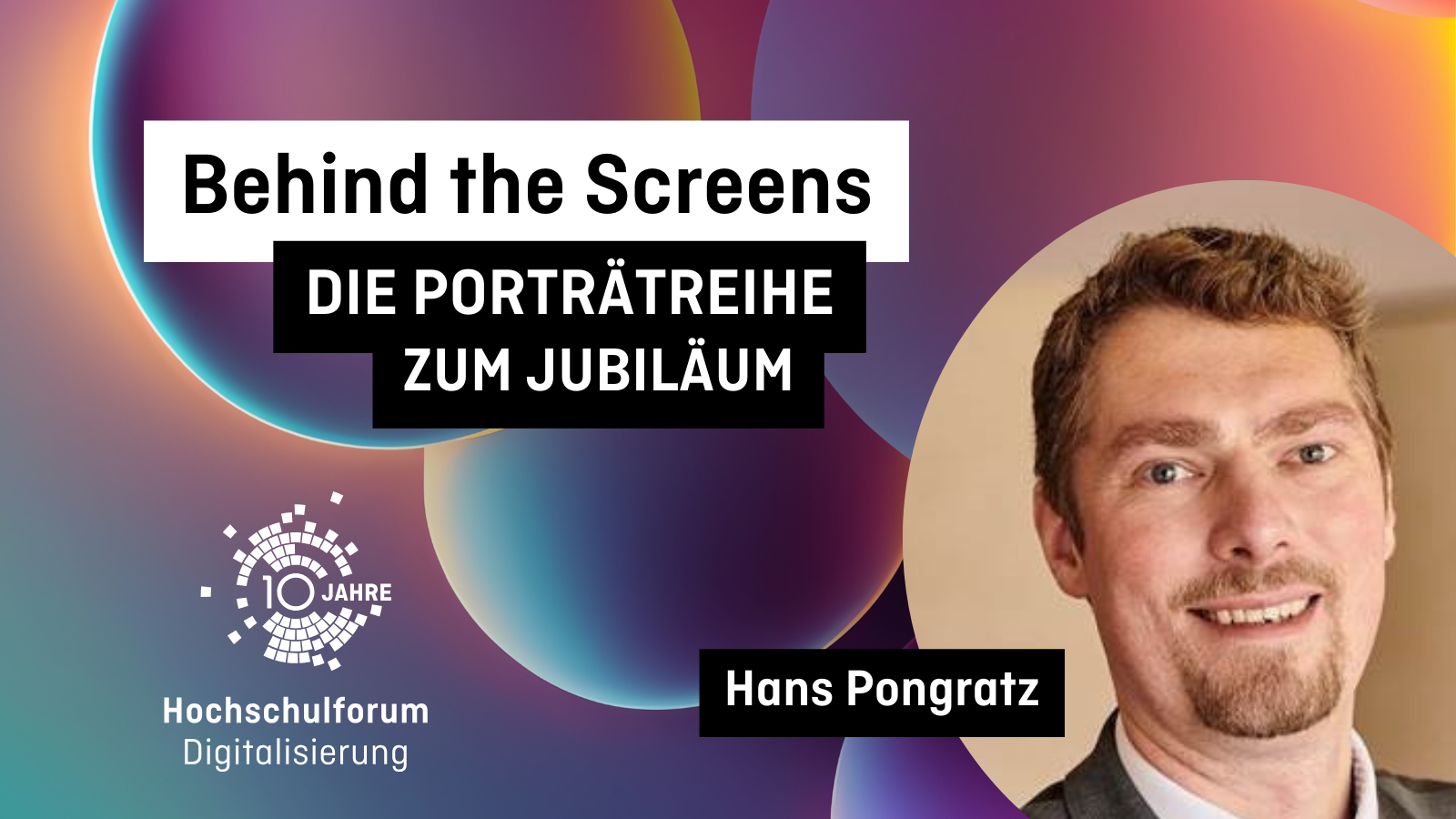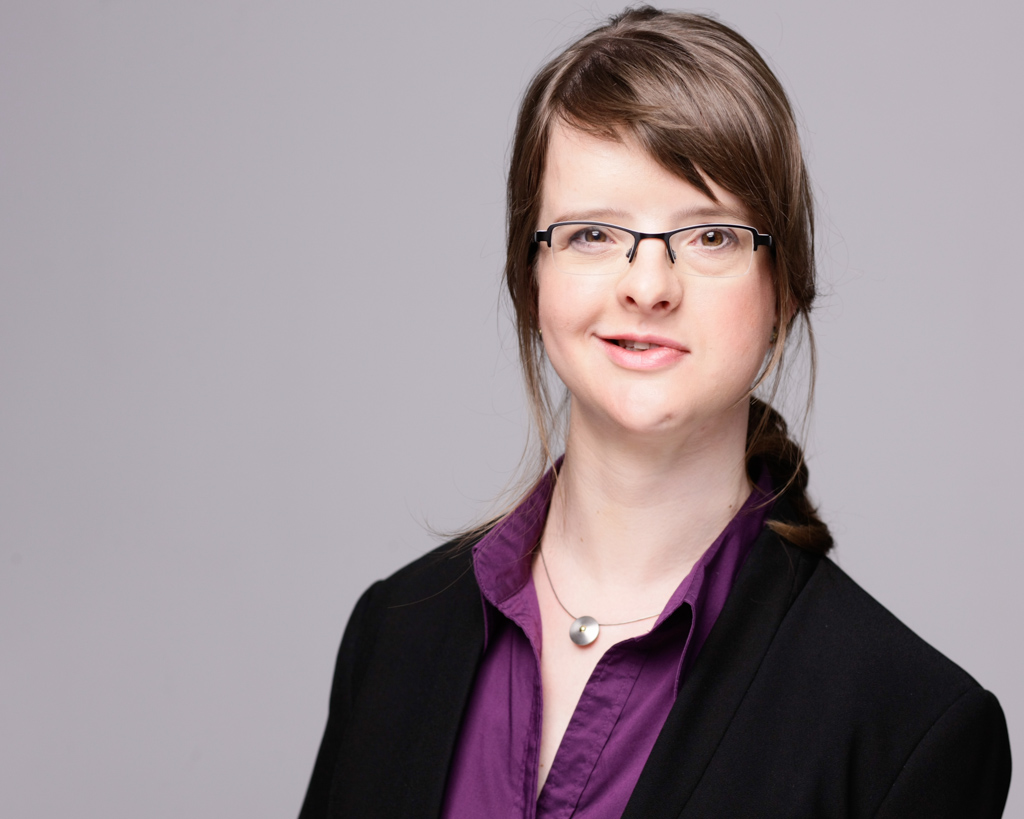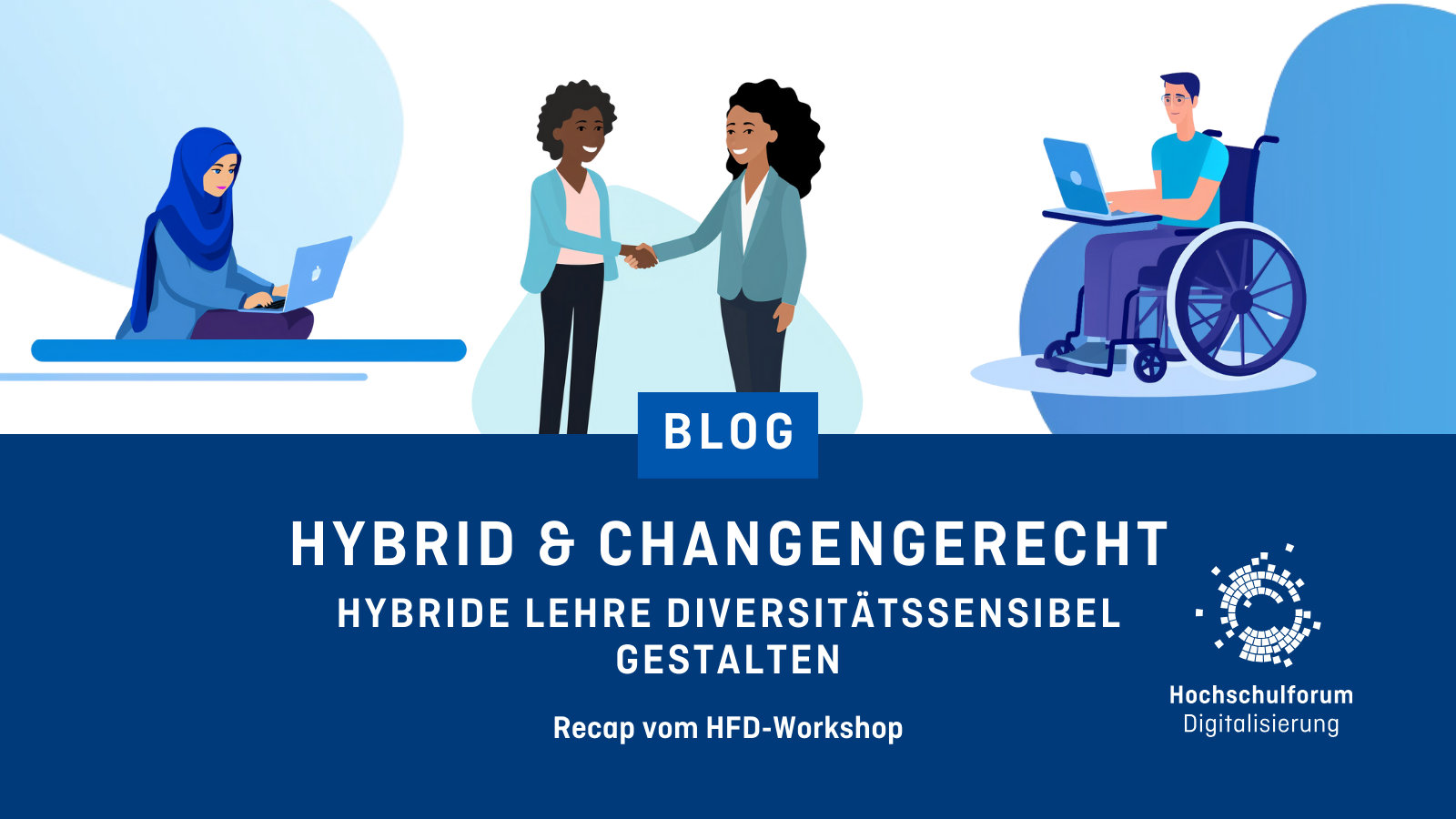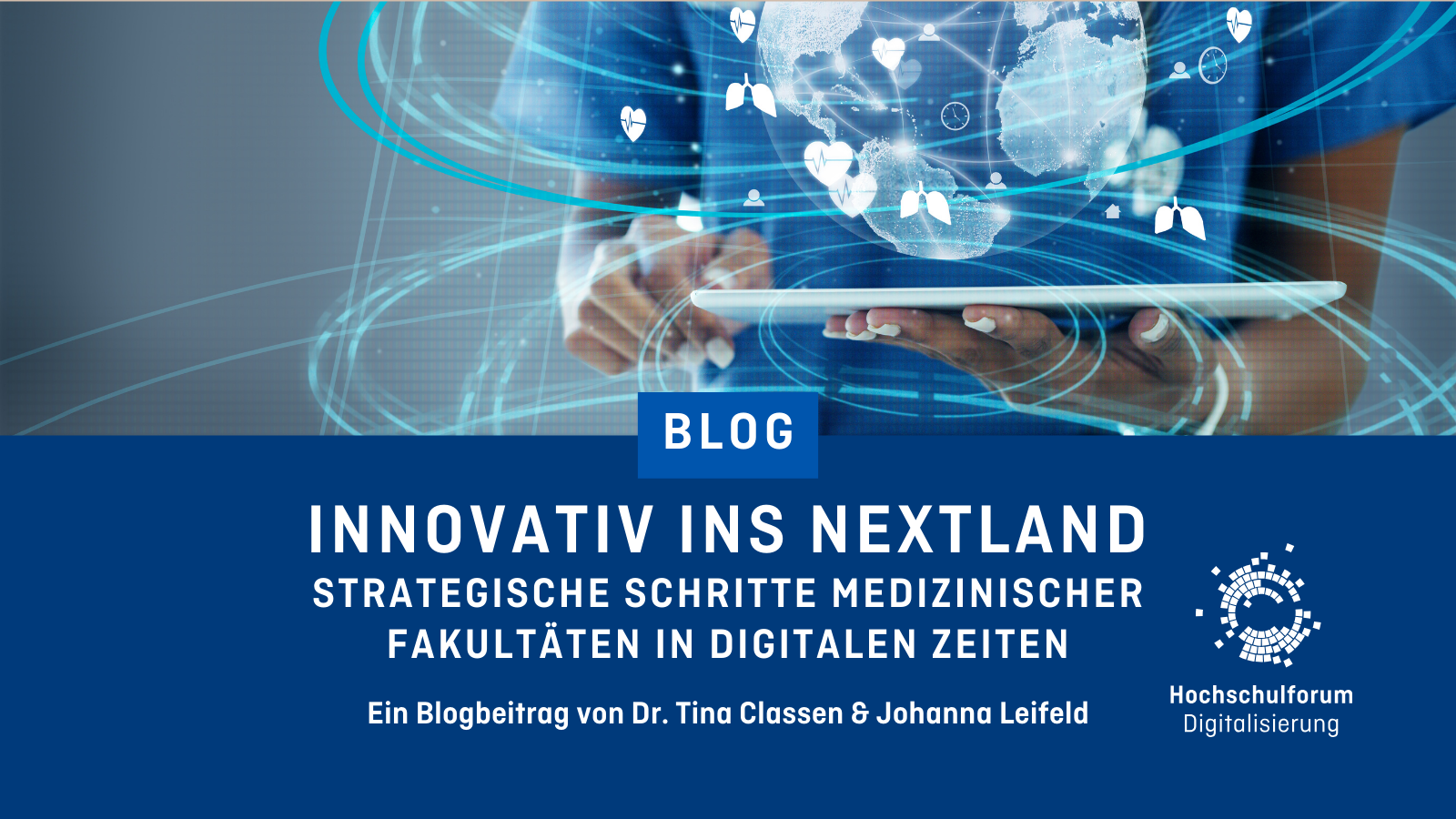Building a Vision for the Future of Digital Education – Interview with Siân Bayne
Building a Vision for the Future of Digital Education – Interview with Siân Bayne
28.02.19
In November 2018, the Jacobs University Bremen invited educational experts to their symposium “B³ – Bildung Beyond Boundaries” (see also our interview with Victoria Szabo on “Transdisciplinarity in Education”). It was also the kickoff for the “Challenge for Radical Ideas in Higher Education”. The challenge has been accepted and answered with almost 30 proposals. Each project team was matched with a faculty member to support them in the development of their idea. We talked to Prof. Siân Bayne about her perspective on higher education in the digital age. Prof. Siân Bayne is the assistant principal for digital education and directs the research center in digital education at the University of Edinburgh.
On which concept of digital education does the University of Edinburgh focus?
We have quite a long history now of digital education. 15 years ago we began to invest quite substantially in digital education practices. Since then we’ve developed a big body of online distance provision. About a quarter of our taught postgraduate population are distance students. We have a large number – around 70 – fully online master’s programmes at the university. We were also one of the first european universities to run MOOCs and we now have about 52 MOOCs across all kinds of different subject areas. So for a research-intensive, ancient, university we do have a lot of digital education practice. What we haven’t done quite so much of is systematic thinking about what digital education on campus should look like. Our focus has been to a large extent on online distance learning. So what we’re doing now and what the project that I’ve been talking about today has been about is: How do we develop a vision for the future of digital education which takes into account changes to on campus teaching?
How could an on campus approach for digital education look like?
We can’t really afford to let the technology drive what our future of digital education looks like. We have to turn the conversation around and say: What are the institutional values that we are bringing to digital education? Let’s have extended conversations with our staff and students to try and understand what values they think we should build our digital education provision around. That’s the project that I’ve been working on for the last year or two and we’ve had some fantastic insights from the university community about the values that they want to bring to bear. Most of them are focused on putting the human at the center of our digital education provision. They are not designing technology for the sake of technology, not necessarily designing technological solutions to practice, but actually saying: We’re going to use technology to make our community stronger to open up our students to new ways of doing things. To try and shift people away from the instrumentalizing education. To actually thinking about their time in university as a time to experience difference, to develop and change and grow as individuals. That’s the approach that we’re taking at the moment.
How is digital culture influencing the teaching and learning environment?
I think actually we have allowed the biggest influence on digital education to be technological change. We have thought about digital education in terms of things like keeping up with the latest trends or students who are so-called ‘digital natives’ are going to demand particular kinds of technological environments to learn in. ‘Universities are getting left behind’ is a big part of the discourse and I think that that’s wrong. I think actually universities are full of academic scholars who are fantastic teachers and know what they want to achieve with teaching and digital is often seen by those people as a kind of distraction. What we need to do is speak to those people, speak to their students and better understand: What is it that they want digital education to look like? And not: What do the Silicon Valley and the EdTech industry want digital education to look like. I think we need to have more conversations at an institutional level about that values-based approach.
![Are we driving the technology or is the technology driving us? Photo: [https://unsplash.com/photos/uL8rx9SeZQ0 Tincho Franco] a colorful robot](/sites/default/files/images/blog/tincho-franco-1341369-unsplash_0.jpg)
Do you have an example based on the Edinburgh MOOC production?
Edinburgh University set up a first series of MOOCs back in 2012 and I taught on one of them. It was the “e-learning and digital cultures” MOOC and we worked really hard there to make the MOOC itself a co-produced space, to use social media to let students build the MOOC for themselves and create their own learning experience on their own learning pathway through the MOOC. However, that was really hard to do and it’s not a model that we’ve seen replicated very much in other MOOCs. It’s still a dominant content delivery approach so I still think there’s work to do if we want to continue to do MOOCs. Thinking about how we do the learning design for more interesting, rich, diverse and connected MOOCs is a big challenge but an interesting and creative one.
Do you see a future for a European MOOC platform?
It’s funny, this discussion about the European MOOC platform has been going on for years and years and I know there are interesting MOOC developments at the European level but for me MOOCs aren’t about representing particular national or supranational cultures. I think they’re by their very nature global entities. For me the distinction to be made is probably one between for-profit and not-for-profit MOOCs rather than for US MOOCs or European MOOCs. You know, we have our own British platform in FutureLearn and for me that often feels like a bit of a distraction. Trying to attach national or supranational characteristics to MOOC platforms doesn’t make a lot of sense in my opinion.
Who is the main driver of digital learning in Europe?
To a large extent it’s probably the EdTech industry which is a massive multi-billion euro industry. I think that that’s fine. It’s great that there’s so much creativity going into thinking about developing new products and services for education but I think it is really important – and it’s going to be more important in the future – to connect up the various stakeholders in the future of digital education and to make sure that the EdTech industry is talking to educational researchers and both of them are talking to educators in schools and universities. This way, we have a linked conversation because I think what we’re often finding is this: EdTech entrepreneurs are developing really interesting new products but not necessarily through close contact with the current research in the field. Researchers are often sitting in their university departments doing their research but without necessarily connecting with teachers who are actually going to be using these educational applications or with EdTech developers who are going to be developing them. I think we need to get better at having those conversations between stakeholders
How does the UK foster collaboration between universities and edTech?
At Edinburgh we’ve just had a new big tranche of money from the UK and Scottish government – it’s called the “City Deal Data-driven Innovation Agenda” which is designed to actually make sure that the University links to industry in the local area and in the region, to sort of co-develop and work more closely together in developing things like EdTech. I think things are changing and I know there are other comparable initiatives as well all over Europe. So I think we do need to get a bit better at that but I think we also need to remember to include teachers in that discussion.
What will higher education look like in the future?![Educators should involve students in the conversation about the future of learning. Photo: [https://unsplash.com/photos/ZKBzlifgkgw Mimi Thian] hands of two persons working with a laptop and discussing](/sites/default/files/images/blog/Download_0.jpg)
I think universities are going to get better at interdisciplinary or transdisciplinary teaching. I think there’s a clear trajectory towards developing new frameworks to enable academics to burst out of disciplinary silos and to offer new kinds of teaching which connect across multiple disciplines. I think we know now that we need to do that if we’re going to address some of the complex global challenges that we’re currently facing. In interdisciplinarity I’m sure there is going to be an intensification of data and the ways in which we use data to understand teaching and it could go one of two ways: It could either go in a way where we think about data as being being open about being in the hands of the people who are generating it or we can continue down this path of algorithmic opacity, surveillance culture, surveillance capitalism. It’s going to be an interesting five years I think to see how we deal with a highly datafied society. I’m hopeful that we can be traveling in the right direction but I think universities have a big job to do in teaching students the importance of being critical about the way in which data is used. Not just personal data – all kinds of data. The ethics and privacy issues around the use of data is a massive topic for universities at the moment. If we get it right, I’m hopeful for the next five years. If we get it wrong, not so much.
The interview was conducted by Till Rückwart.


 Dr. Hans Pongratz
Dr. Hans Pongratz 
 Dr. Klara Groß-Elixmann
Dr. Klara Groß-Elixmann 
